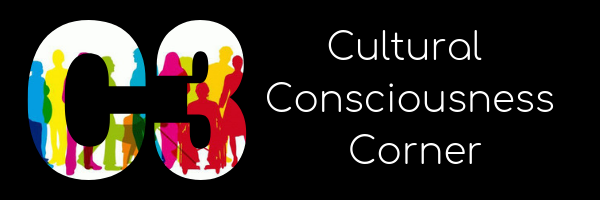
Economic Class Fairness
By Diversity Solutions Group
Many poor parents work very hard and still remain poor. They may have more than one job. An increasing number of children are living in cars, on the streets, or in homeless shelters. They may have low energy because of their poor diet.
Children at a very early age pick up social messages about the value and importance of different kinds of work, including the work that their family members do. Images of workers (on posters, books, videos, et.) communicates the message of what jobs are important and which are not. They also receive messages that material things are proof of love and approval or reward for good behavior, when it’s difficult or impossible for poor families to use material gifts to reward children. Imagine the attitudes of entitlement and superiority or dependency that children learn related to their economic class! Children from greater income are learning the same messages, including the message that they have a greater right to material resources.
Young children do not yet have the skills to sort out advertising messages that tell them they “need” to have various material things. They also pay close attention to how adults interact, and they pick up key messages about class differences. For these and many other reasons, it is important to create a welcoming and equitable learning community for children. Here are some ideas:
- Make a decision not to focus on children’s new possessions during group and sharing times
- Encourage preschoolers to use toys and materials cooperatively, so they learn to share
- Help children to work together cooperatively (group collage, mural painting, etc.)
- Create persona doll stories that help children recognize and challenge hurtful stories and behaviors that humiliate children from families who have lower incomes
- Be mindful of families’ concerns about clothing (i.e.: have aprons to avoid for children to get dirty)
- Find books that honor the “invisible” work done by members of the families in your program
- Make a class book with photos of all the support people who keeps your program going
- Work with children on recycling to do activities
- Create a theme on “where we live,” including various kinds of housing structures
- If your program celebrates holidays, let children make gifts instead of buying them
- See yourself as a partner with all families
- Have an open-door policy in your program, and plan ways to welcome and include family members when they visit
- Find out what each family needs in order to participate in the classroom, conference, and meetings (consider their working hours)
- Get to know the children’s community (library, shops, events) and invite the community members to your class
- Set up a family resource room
- Compile a listing of family support resources
- Celebrate and model complete respect for the work all your staff do
- Work to create equal opportunity access to professional development
- Share with families about the real cost of quality early childhood programs
For additional information check out the following resources:
https://www.youtube.com/watch?v=VLDMPg5op28
https://equitablegrowth.org/income-inequality-affects-our-childrens-educational-opportunities/
http://resourcesforearlylearning.org/educators/module/20/12/56/